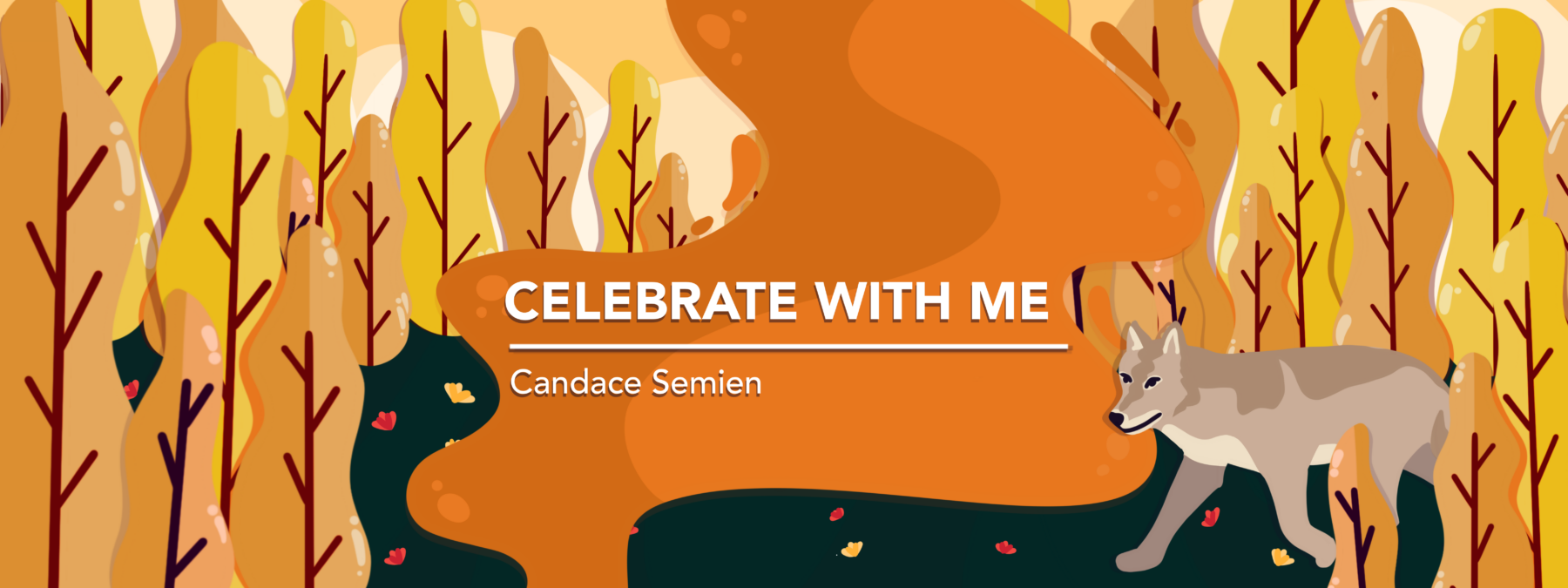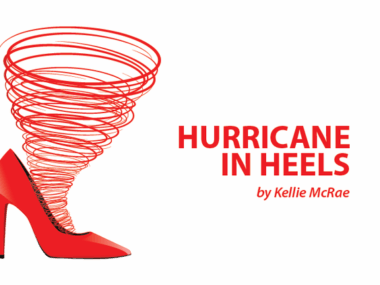Life with lupus is hard, but with gratitude, suffering is optional
The pain may be constant, but thankfulness and hope can help
Written by |

One of the most horrendous aspects of living with systemic lupus erythematosus (SLE) is dealing with the additional diseases and chronic conditions that lupus causes. Lupus is insidious; it ushers in more symptoms and new diagnoses without warning and then releases a brutal, wolfish attack. It’s torturous being the host of a disease that often behaves like it has a mandate to kill.
What’s worse (if that’s possible) is that this “great imitator” consistently leads to mixed test results, inconsistent symptoms, and inescapable pain that leaves both the host and doctors baffled — by what triggered a flare, what might have caused new symptoms, why one treatment regimen works while another doesn’t, why one host survives while another doesn’t.
One flare or crisis, for example, can require three days of hospitalization and high-dose, intravenous pain medicine, while another, months later, might require a high-dose steroid infusion before a specialist can identify a solution to temper the suffering — although the pain may continue.
The chronic inflammation caused by my lupus has begun to compromise my central nervous system, recently leading to a transient ischemic attack (TIA), often called a ministroke. I quickly learned more than I wanted to know about lupus, TIAs, and strokes; specifically, I learned that if you have SLE, you’re eight times more likely to have a stroke compared with the general public.
There I was, with my rheumatologist, my primary care physician, and a new neurologist baffled again. Although a series of tests known as a “stroke workup” couldn’t determine when it occurred, I had a record of the sharp sensations in my brain, slow cognition, and facial pangs I’d experienced. This recordkeeping helped determine a time frame when the TIA could’ve happened. Needless to say, the TIA diagnosis was added to my medical records, thus expanding the list of conditions affecting my abilities.
This diagnosis was disheartening. During one of my steroid infusion sessions, an empathetic nurse said she was sorry there was “so much suffering,” adding that “maybe soon, we can have an answer.”
I didn’t respond to the nurse forthrightly. My mind repeated her voice on loop saying “so much suffering.” (I blame the neurological symptoms.) Was I suffering?
“Suffering” wasn’t a term I would’ve used to describe the symptoms at the time. Yes, I was in pain. Yes, my cognition and speech were altered. Yes, my body’s inflammation levels were peaking. But was I suffering?
I looked up the word in the dictionary, which told me that suffering is a state or experience of submitting or being “forced to endure,” “feel keenly,” or “labor under.” Suffering “suggests acceptance without resistance or protest” and “passivity rather than courage or patience in bearing.”
To me, the word “suffering” is pessimistic and negative, which are two emotions I’ve tried earnestly not to bear in relation to my health. But it seems this word has been on repeat in conversations I’ve had with others who live with rare diseases or other chronic conditions that make their medical profile unique.
Getting out of suffering
During their weekly FireDance live Zoom chat, sci-fi-horror-mystery authors Steven Barnes and Tananarive Due said that suffering is when we get carried away with anxiety in advance. They stressed that winning in life entails getting out of suffering, not getting out of pain. They encouraged us to not give up, remember that we’re fighters, and commit to our right to survive!
Of course, I thought about my nervous system.
I’ve heard people, especially motivational speakers, say “pain is constant, but suffering doesn’t have to be.” For me, suffering is not only short-term, it’s also optional. What isn’t short-term or optional? Gratitude. Hope. Joy.
As Barnes said, gratitude flows when you allow yourself to feel thankful for whatever you’d be heartbroken about if you lost it. So I started a list. It includes live jazz experiences with a beloved elder; days lobbying lawmakers with other advocates; mentors in health, medicine, spirituality, and wellness; stacks of library books; the taste of Louisiana seasonings; quietness; neighbors laughing on their porch; tea and homemade banana nut bread; the smell of aromatherapy pillows; cool air filling my lungs; a weighted blanket for comfort; clean baths; green grass under my feet; the love of family and remarkable friends; my reading buddy; and more.
Gratitude flows. Then hope rises, and this feeling of joy helps us celebrate the best aspects of life amid the despair of disease. Try recording your own gratitude list for a month and watch how your body will hold hope and help abate the suffering.
Note: Lupus News Today is strictly a news and information website about the disease. It does not provide medical advice, diagnosis, or treatment. This content is not intended to be a substitute for professional medical advice, diagnosis, or treatment. Always seek the advice of your physician or other qualified health provider with any questions you may have regarding a medical condition. Never disregard professional medical advice or delay in seeking it because of something you have read on this website. The opinions expressed in this column are not those of Lupus News Today or its parent company, Bionews, and are intended to spark discussion about issues pertaining to lupus.






Donna Charles Badon
Some minds cannot begin to know the amount of strength & selflessness that is required to share therapeutic words that encourage, inform & inspire those who may be going through the same or a very similar journey. I Appreciate & Applaud the Author!!
Joe Simien
Wonderfull written article that everyone who is dealing with difficulties need to read!! So inspiring! You are so talented!!!❤️🙏
Howard Roll
Thank you for writing about your SLE journey. My daughter a
has SLE but also has Down syndrome, which makes it difficult to understand what she is going through. I wish you a relaxed holiday season with no added lupus drama.
Sandra
Wonderful article and very informative. Praying a cure is found soon. Much love Candace ❤️🙏🫶
Patricia Stevens
I have a very strong tolerance for pain, so it is sometimes a symbiotic relationship with pain and my daily activities. I have never had a strong body since birth, but my will is powerful. I can carry myself very well throughout the day and still at attention to the so called Faceless Pain I live with daily with Lupus. Amongst other immune disorders that ravage my body & mind. Thank you for reminding me that the touch of death creeping in cannot kill my spirit!! I can still be full of gratitude for the joy, hope and love that surrounds me 💝the simple pleasures of enjoying life cannot be killed by living in a symbiotic relationship with immune disorders.